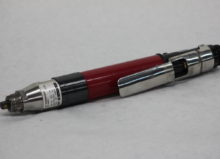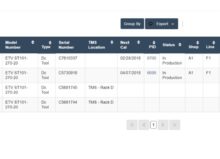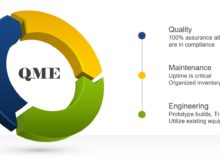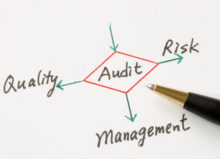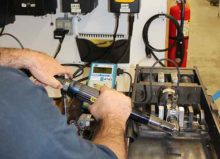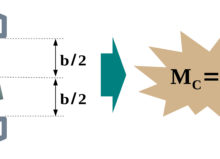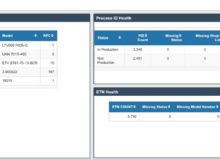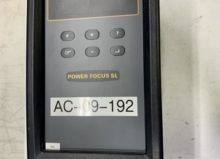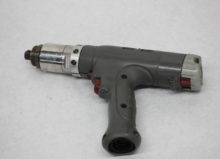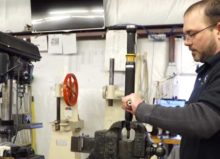Essential Maintenance Tips for DC Torque Tools
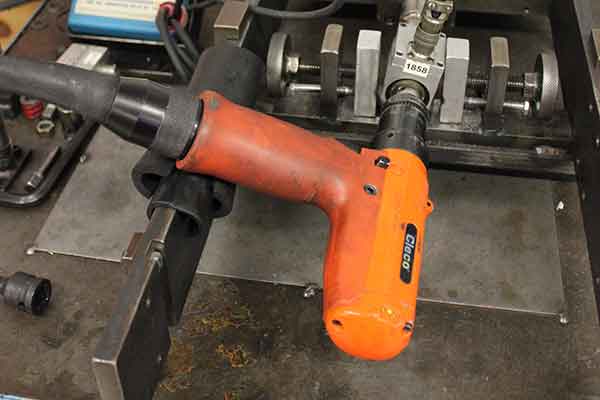
While investing in DC torque tools can save time while ensuring better accuracy, keeping them well-maintained is the secret to reducing critical assembly errors. If a tool isn’t calibrated correctly, it can cause torque misreadings. And applying too much or little torque increases the risks of end-user injury and product damage.
As a plant supervisor, your responsibility is to ensure your tool inventory is properly maintained and serviced. In this blog post, we’ll cover the best maintenance practices for electric torque wrenches, impact wrenches, nutrunners, and screwdrivers and the best way to consistently stay on top of maintenance.
Maintenance Tips for Electric Torque Wrenches
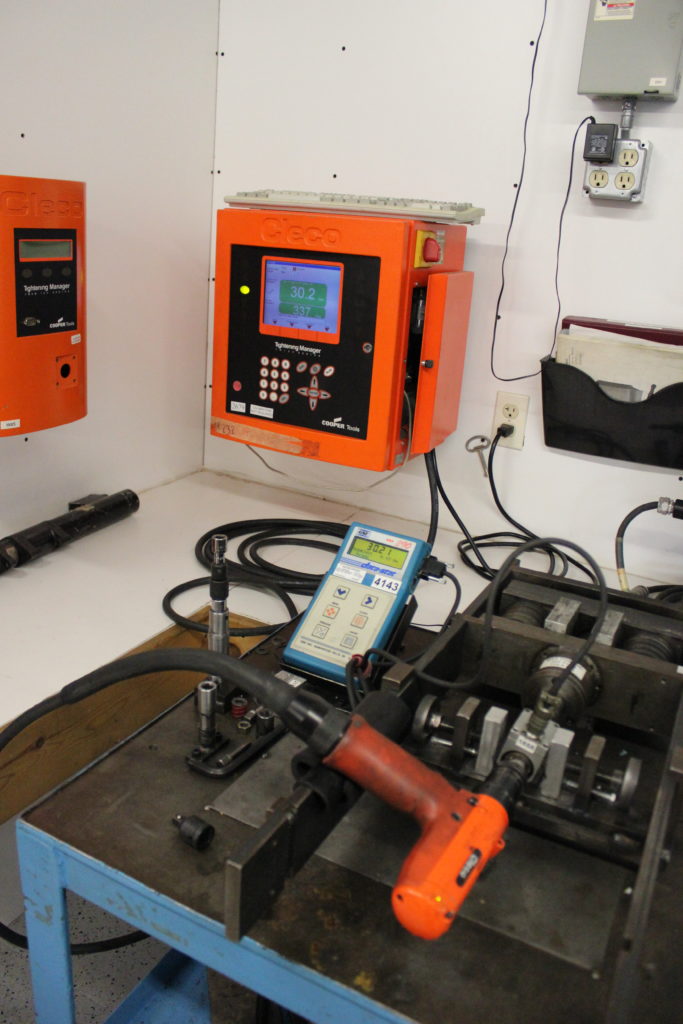
DC electric torque wrenches significantly decrease lead time and can be programmed for numerous multi-step fastening processes.
To ensure problem-free operation, perform regular maintenance checks and tasks, including:
- Periodically recalibrate to manufacturer specifications. Generally, a torque wrench should be recalibrated every 100,000 cycles or at least once a year, but calibration recommendations will vary from manufacturer to manufacturer.
- Perform thorough visual inspections before and after every use.
- Lubricate the head using a manufacturer-recommended lubricant, typically a light oil or grease.
- Keep the wrench clean, and never use abrasive cleaners.
If your wrench is making unusual sounds, is giving off a burnt odor, or isn’t performing like it used to, you need to have it serviced immediately.
Maintenance Tips for DC Impact Wrenches
DC impact wrenches don’t need to be maintained that often, but it is important to visually inspect them and clean them daily to ensure no fluid leaks are present. If your impact wrench is running slower or you’re not getting enough torque when fastening, you need to have it serviced.
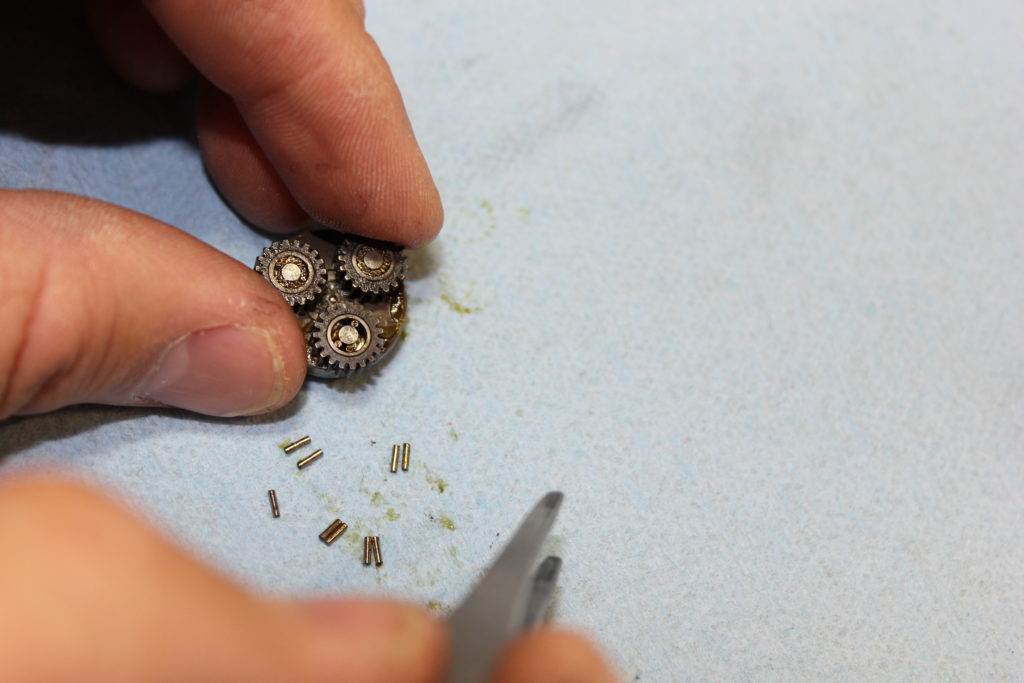
General maintenance tips for a DC impact wrench include:
- Disassemble the body casing and visually inspect internal components for damage. Please note that you always need to unplug corded impact wrenches before disassembly. If it’s cordless, be sure to detach the battery.
- Wash old grease off of the planetary gearbox and ring gear. Avoid using abrasive cleaners.
- Lubricate bearings and gears per manufacturer instructions. You don’t need to go heavy on the lubrication. Oil lubricants are generally used when lubricating impact wrenches, but the manufacturer will always recommend a specific grade.
- Inspect the cord (if it’s a corded model) for signs of wear and tear.
Maintenance Tips for DC Electric Nutrunners
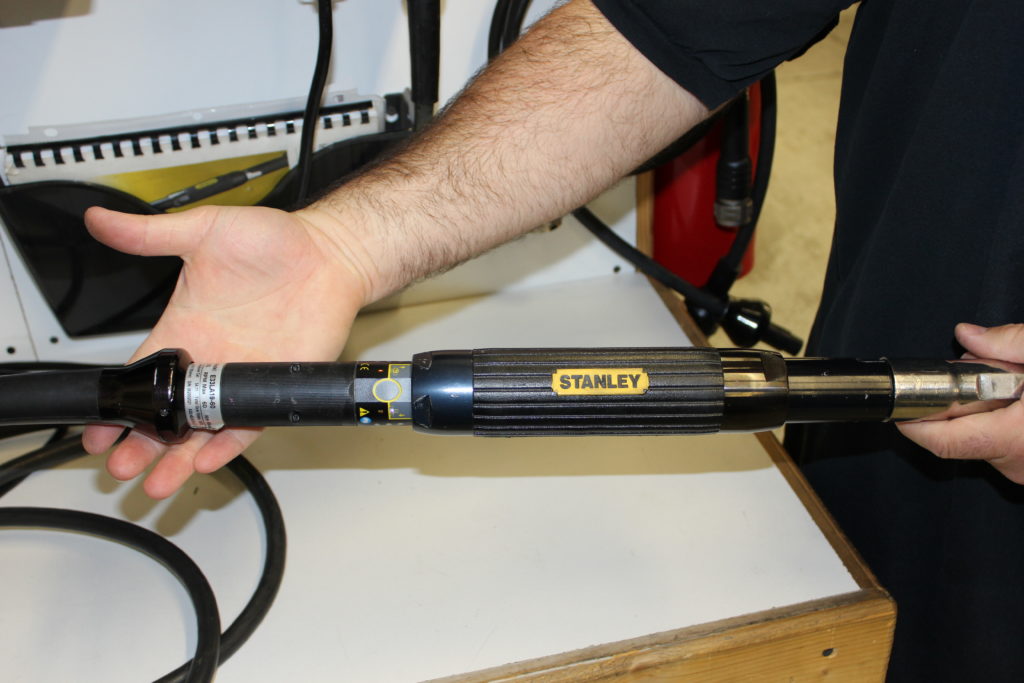
Like torque and impact wrenches, electric nutrunners have various manufacturer-specific maintenance recommendations. Always refer to your product’s user manual for precise guidance. General DC nutrunner maintenance tips include:
- Always disconnect the nutrunner from its power source.
- Always use soft, lint-free cloths, and avoid harsh chemical cleaners.
- Use an appropriate lubricant to treat the spindle assembly. As with all DC torque tools, the manufacturer will recommend the best lubricant type and grade to use.
- If the nutrunner is transducerized, avoid disconnecting or damaging the transducer wiring during disassembly.
- Reassemble all components at manufacturer-recommended torque.
- Always calibrate the nutrunner after the recommended amount of cycles has passed. Some nutrunners feature signals that will let you know when they need to be calibrated or serviced.
Maintenance Tips for Electric Screwdrivers
Electric screwdrivers offer highly precise torque accuracy, coupled with built-in safeguards against component failures. However, their accuracy will decrease over time if they are not properly maintained. Like other types of DC assembly tools, the specific maintenance protocol for a given screwdriver will depend on its manufacturer’s recommendations.
General recommended maintenance practices include:
- Cleaning the unit frequently with a non-abrasive cleaner and lint-free cloth.
- Following the manufacturer’s recommended recalibration schedule.
- Keeping a sharp eye out for loose, worn, or damaged parts.
- Lubricating gears and bearings with recommended lubricants (as always, check your user manual for recommended grades).
Many electric screwdrivers also feature built-in sensors that measure real-time operational data to minimize the risk of malperformance or malfunction.
General Takeaways
Routine cleaning and lubrication, visual inspections, and calibrations are all necessary maintenance tasks for most DC torque tools. All tools will have a cycle limit, which refers to the time they can perform at their best before components break down or fail. You must calibrate your tool after the recommended number of cycles.
And although you can use this article as a general maintenance guide for your DC tools, we recommend referring to specific product maintenance manuals for additional tips and practices.
How to Keep Up With Preventive Maintenance
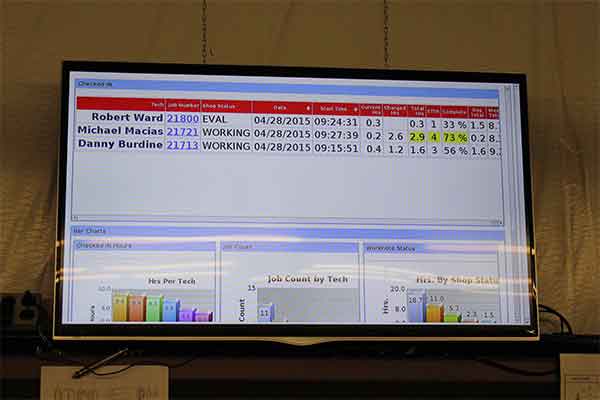
It can be challenging to remember maintenance schedules for all the hundreds of tools you have in your inventory.
We recommend developing a preventive maintenance program and implementing tool management software to prevent downtime and avoid repair and replacement costs.
First, the preventive maintenance program is unique to your facility and the tools that you frequently use. The program itself should involve collecting information about each tool (general use guidelines, projected lifecycles, torque specifications, etc.), creating maintenance checklists for each tool or category of tool, continually restocking your inventory with components that experience the most wear and tear, and often have to be replaced.
Lastly, a tool management system can be an exceptional aid for your preventive maintenance program. This system will allow you to input data for each tool, including calibration data, set preventive maintenance reminders, and track repair and maintenance work documentation. A management system is essentially an online database/inventory that can be continually updated when necessary.
When used together, preventive maintenance programs and tool management systems will help you avoid downtime, reduce safety risks, ensure process accuracy, and improve the performance of your DC tools.
Stay on Top of Maintenance With Help From Encore Systems
Encore Systems is an ISO-certified DC torque tool repair company serving manufacturers and plant supervisors throughout North America. Although we specialize in emergency repair services, we also provide ISO 17025 torque calibrations, tool management solutions, and high-quality refurbished equipment.
Please contact us today if you’re interested in learning more about our services and capabilities or need help implementing a tool management system in your facility.

